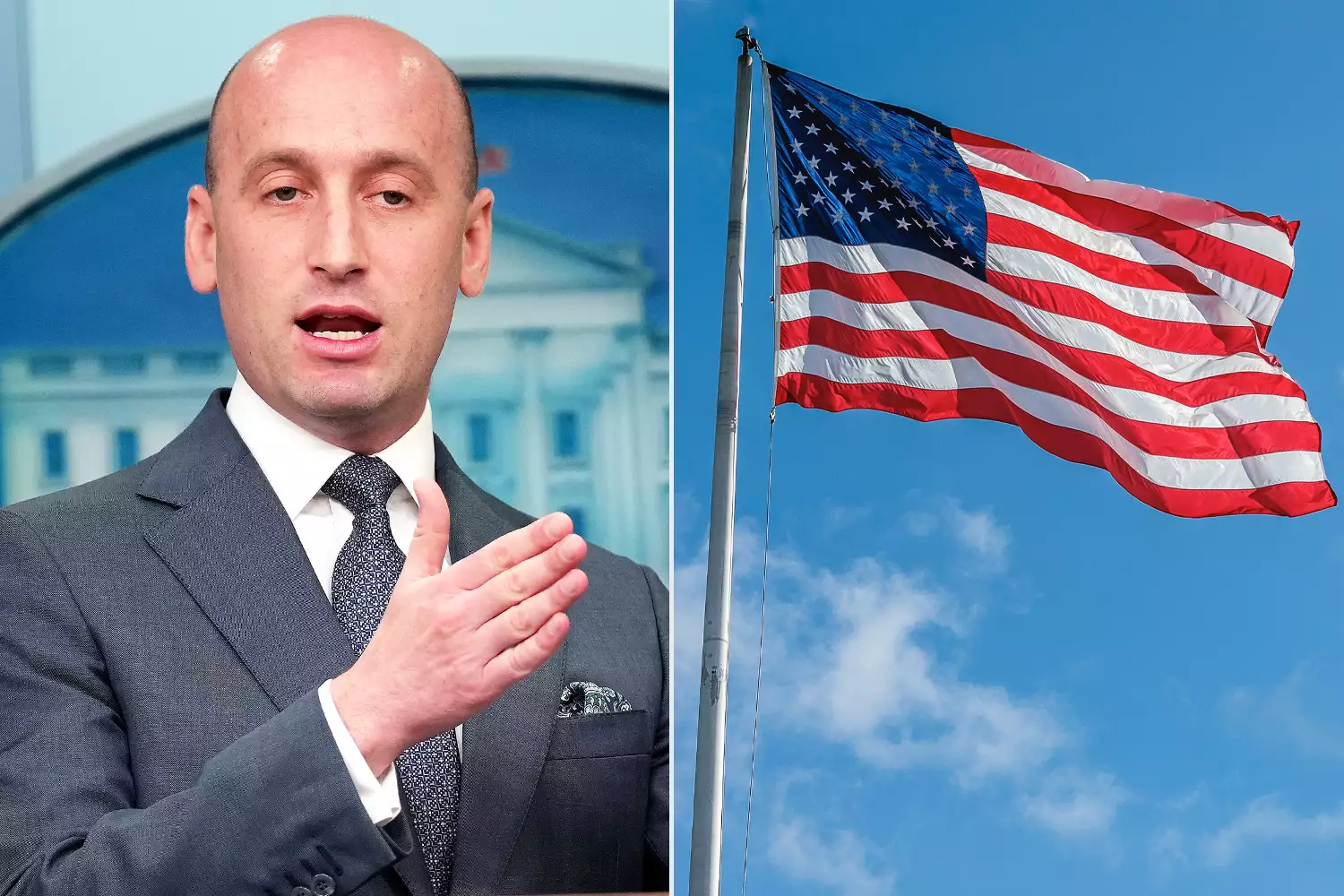Stephen Miller: The Architect Shaping U.S. Policy and Public Debate

Stephen Miller has remained at the forefront of political conversation in the United States, especially as debates over education, immigration, and national culture intensify. As a trusted adviser to former President Donald Trump, Miller’s ideas and rhetoric have helped shape some of the most controversial and consequential policies of our time.
A Driving Force Behind Policy
Stephen Miller is widely recognized as a key architect of administration initiatives, notably on issues like border security and immigration reform. His deep involvement in these areas has sparked national conversations. The Washington Post provides a thorough overview of Miller's recent efforts to influence future policy, including his stances on diversity and transgender protections.
Transforming Education Policy
Recently, Miller has taken a high-profile role in advocating for sweeping changes in U.S. education. In a White House briefing, he argued that American schools should teach students to “love America” to qualify for federal funding. He denounced what he sees as the rise of “cancerous, communist, woke culture” in American institutions. Miller called for eliminating critical race theory and championed a return to what he deems traditional civic values. His remarks, as recounted in this PEOPLE article, emphasize the administration's willingness to leverage funding as a tool for cultural and ideological change.
He also reiterated strong opposition to policies supporting the rights of transgender students. Miller has gone as far as labeling such educational initiatives as a violation of parental rights and even likening them to child abuse.
The Push Toward a "Merit-Based" System
Looking forward, Miller remains a champion of merit-based systems in both education and employment. There is a clear focus on dismantling diversity, equity, and inclusion (DEI) programs, arguing that they stifle opportunity and reduce standards. Policy proposals in this area, highlighted in outlets like Fox News, align with Miller’s philosophy of limiting government intervention and upholding what he considers core American values.
A Lasting Impact on American Discourse
Few policy advisers have generated as much debate as Stephen Miller. Whether advocating for stricter immigration laws, restructuring education funding, or challenging DEI initiatives, Miller leaves a lasting mark on the national conversation. His influence extends beyond headlines, shaping how many Americans view issues of identity, citizenship, and community.
In a period marked by significant division, understanding the perspective and proposals of individuals like Stephen Miller is essential. Their visions—controversial or otherwise—help direct the nation's ongoing dialogue about who we are and what we value.
Further Reading: